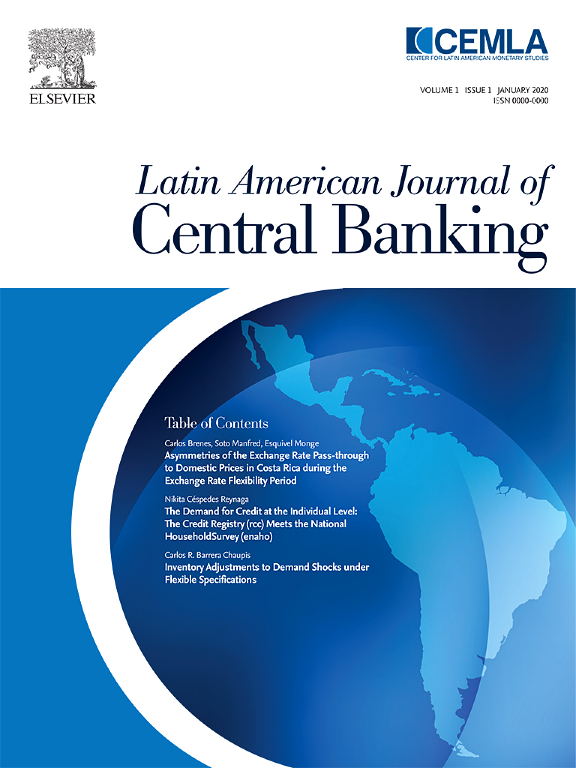
Lo más reciente
Colombia is particularly affected by the El Niño Southern Oscillation (ENSO) weather fluctuations. In this context, this study explores how adverse weather events linked to ENSO affect inflation expectations in Colombia and how to incorporate these second-round effects into a small open economy New Keynesian model. Using BVARx models, we find evidence that inflation expectations – obtained from surveys and break-even inflation measures – are influenced by weather-related supply shocks. Building on this stylized fact, we modify one of the core forecasting models of the Banco de la República to incorporate the mechanisms through which weather-related shocks could affect marginal costs and inflation expectations. We conclude that ENSO shocks play a significant role in influencing both inflation and the dynamics of inflation expectations, a fact that should be considered by policymakers.

 Sara Naranjo-Saldarriaga
Sara Naranjo-Saldarriaga